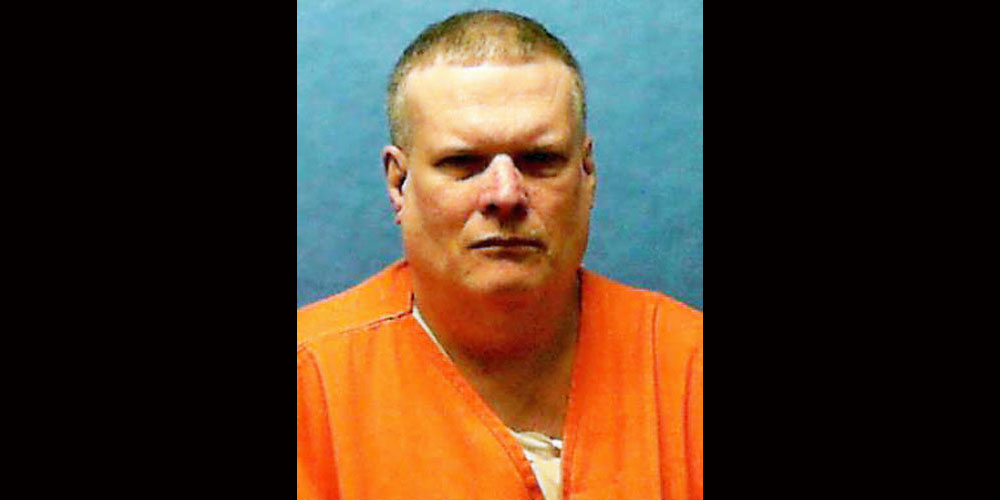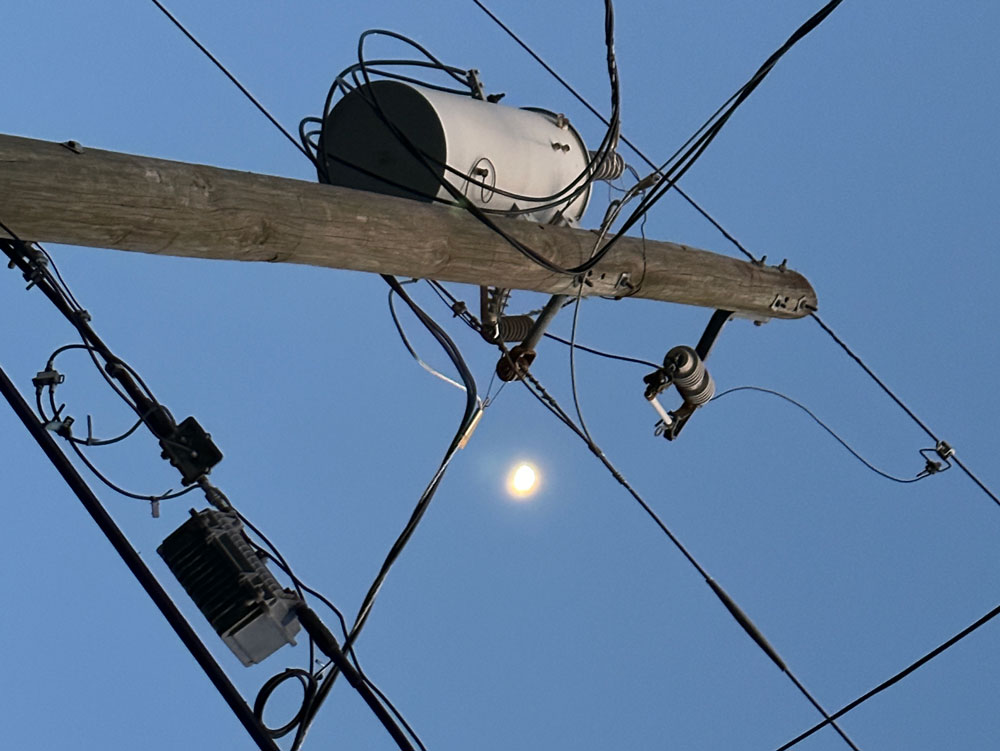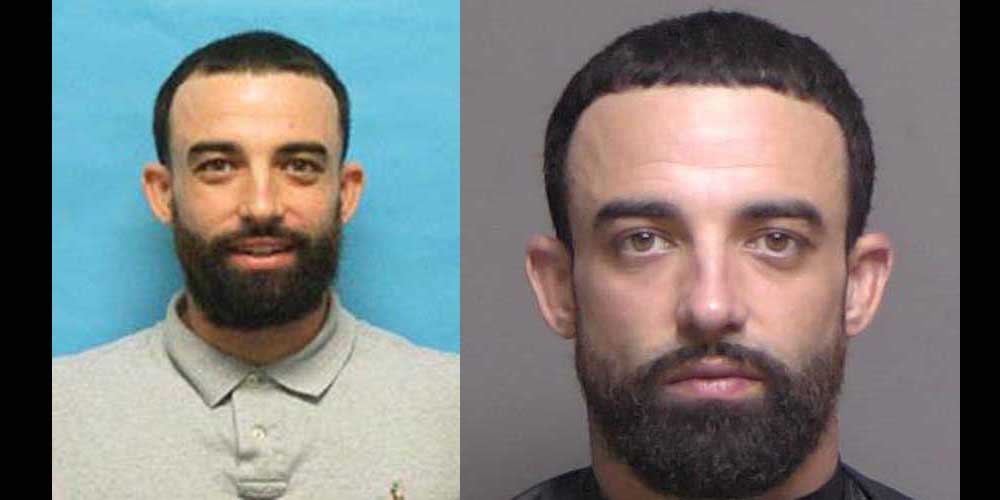Governor Ron DeSantis signed a death warrant Friday for a man found guilty of killing three members of his estranged wife’s family in Polk County in 1990, potentially marking the 12th execution in Florida this year.
According to documents available on the Florida Supreme Court website, David Pittman, 63, is set to be executed in Florida State Prison on September 17. Nine executions have already occurred in Florida this year, setting a record for the modern era, and two more inmates are due to be executed by lethal injection later this month.
Pittman was found guilty of killing his wife’s parents, Clarence and Barbara Knowles, as well as their daughter, Bonnie, who was 20 years old, in May 1990. According to court documents, Marie, another daughter, was attempting to divorce Pittman at the time of the murders, but Pittman was against the divorce.
Additionally, the Knowles residence in Mulberry was burned down.
According to a 1994 Florida Supreme Court ruling dismissing an appeal, a medical examiner found that extensive bleeding from many knife wounds was the cause of death in each case, even though all of the bodies were charred in the fire. The medical examiner also stated in her testimony that Bonnie Knowles had a cut on her throat.
In 1991, Pittman was found guilty of grand theft, arson, and murder.
As Florida is ready to execute Kayle Bates, 67, on Tuesday for the 1982 murder of a woman kidnapped from her job at a Bay County insurance agency, the Pittman death warrant was issued. In addition, 59-year-old Curtis Windom is set to be put to death on August 28 for the 1992 killings of three Orange County residents.
Windom’s lawyers are currently appealing to the Florida Supreme Court, while Bates’ lawyers filed an appeal with the U.S. Supreme Court on Thursday in an attempt to stop his execution. On Friday, the 11th U.S. Circuit Court of Appeals denied a different bid to stop Bates’ execution.
Attorneys for Bates had claimed racial disparities in Florida’s execution selection process at the Atlanta-based appeals court. Bates is a Black person. However, the appeals court’s three-judge bench rejected the argument.
According to the seven-page ruling released by Chief Judge William Pryor and Judges Kevin Newsom and Britt Grant on Friday, Bates has not claimed that the judges in his specific case acted in a discriminatory manner. He only uses statistical information to support his claim that the governor used a racially discriminatory warrant-selection process.
In 1984 and 2014, Florida set the previous modern-era record of eight executions in a single year. That period corresponds to the years when the death sentence was resumed in 1976 after it had been suspended in 1972 by a decision by the U.S. Supreme Court.
Bates’ lawyers cited limited time to attempt to challenge the execution warrants in court in a filing submitted to the U.S. Supreme Court on Thursday.
According to Bates’ lawyers, something is amiss in Florida. There is no indication that Governor DeSantis will scale down his record-breaking rate of issuing death warrants. He specifies the week that the Florida Department of Corrections will carry out an execution for each warrant. This timeframe lasts for 30 days after the warrant is signed, with some minor adjustments. The warden of Florida State Prison has always planned executions on the earliest day feasible, giving the least amount of time to challenge constitutional issues and preserve the life of the condemned individual.











